Hope, a young Nigerian boy who was once abandoned by his parents and community on the streets because he was believed to be a witch, has now transformed into a healthy and talented individual in the arts, thanks to being taken in by a charitable organization four years ago.
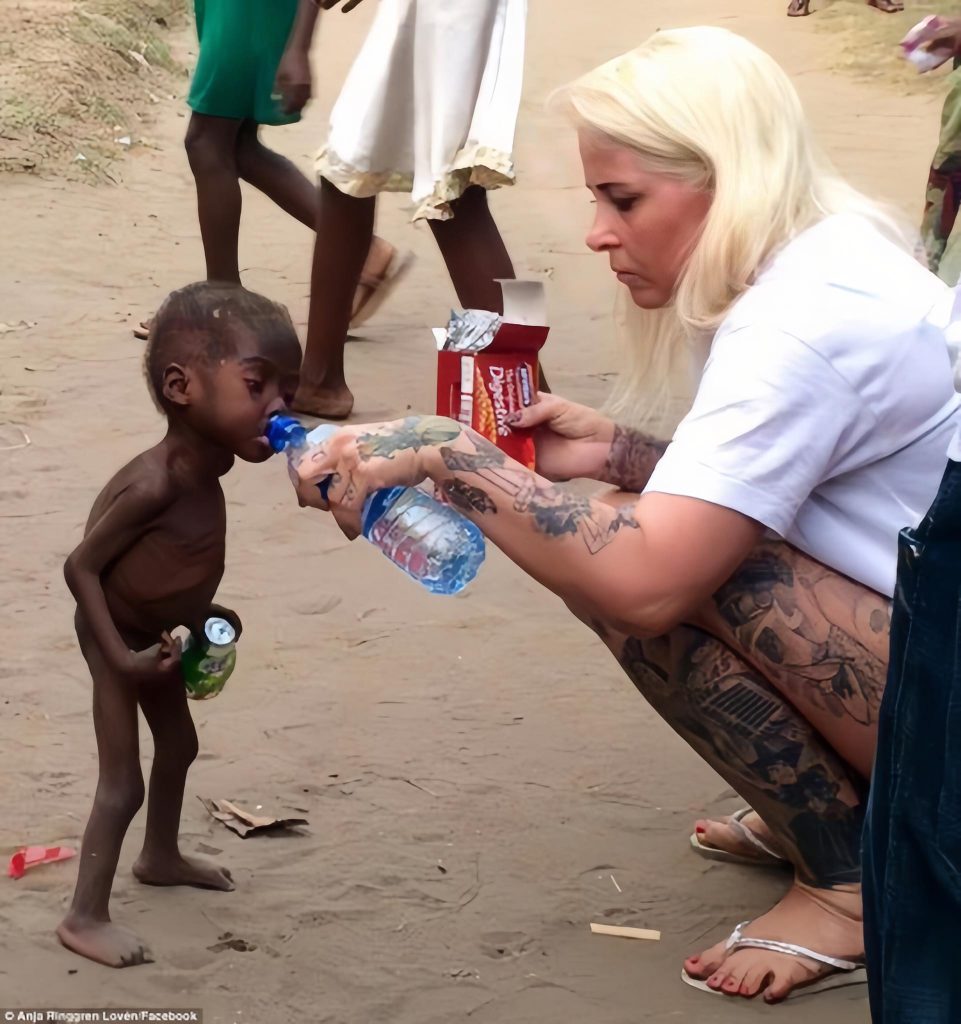
In early 2016, a heart-wrenching image of a 2-year-old Nigerian boy touched the world when it circulated on social media. The photo portrayed a malnourished, naked toddler sitting in the middle of a street being fed and given water by Anja Ringgren Lovén, a Danish volunteer and founder of the charity DINNødhjæl.
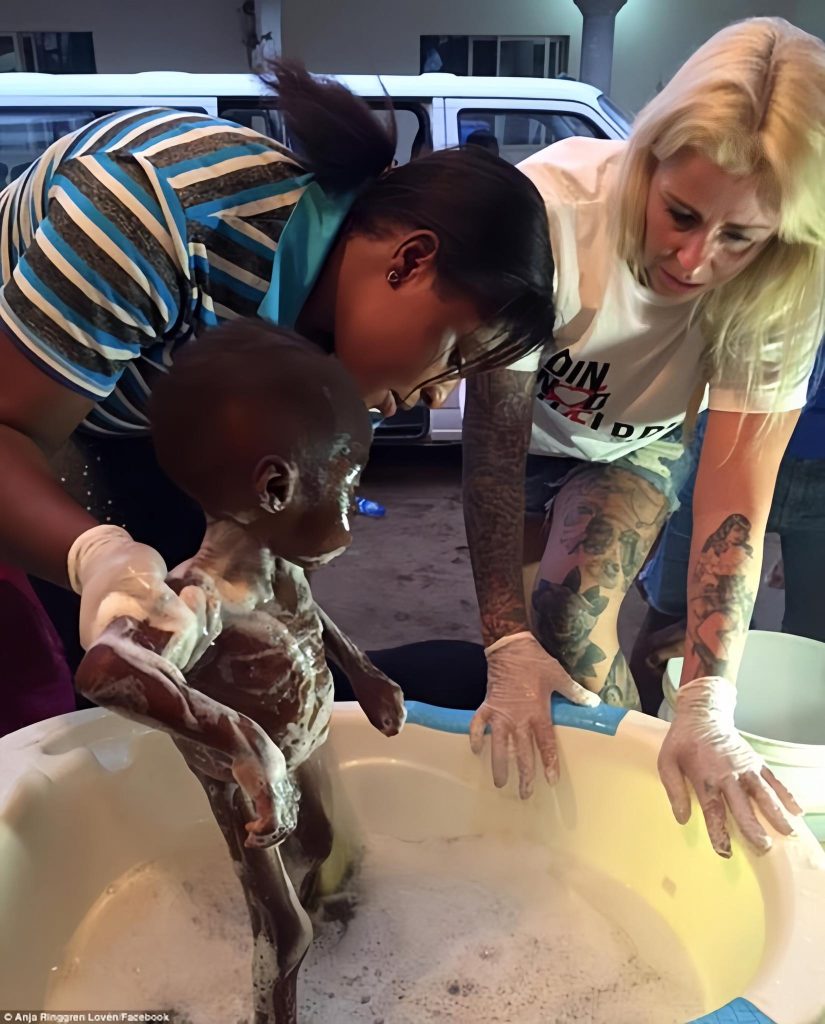
The boy, known as Hope, was abandoned by both his family and the villagers, feared and ostracized for being accused of practicing witchcraft.
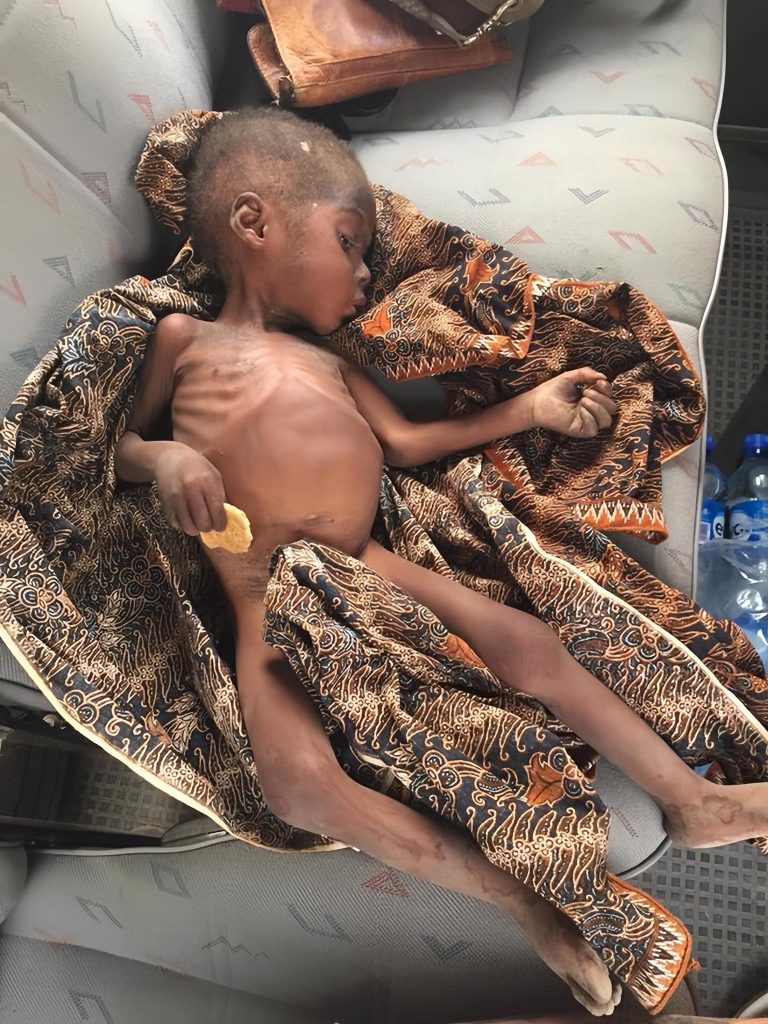
“When we found him, Hope was in a really bad shape. He was extremely malnourished and had various illnesses. During the initial fortnight at the hospital, he was in critical condition. We couldn’t even catch a glimpse of him. I’m not sure if I can handle this,” Anja shared.

Hope was brought back to her charity by Anja after being abandoned for years to take care of hundreds of rescued children. Over the course of eight years, Hope has transformed significantly, with Anja noting, “Hope is now very healthy and enjoys going to school. He is incredibly intelligent and has a passion for art. Hope has a real talent for drawing, and many of his paintings have been sold. We call him the little Picasso.” Since returning to DINNødhjæl, Hope has not been able to reunite with her parents, and the organization has been unable to locate any of her relatives. Despite a difficult start, Hope can now look back happily at the photo of when she was discovered by Anja.
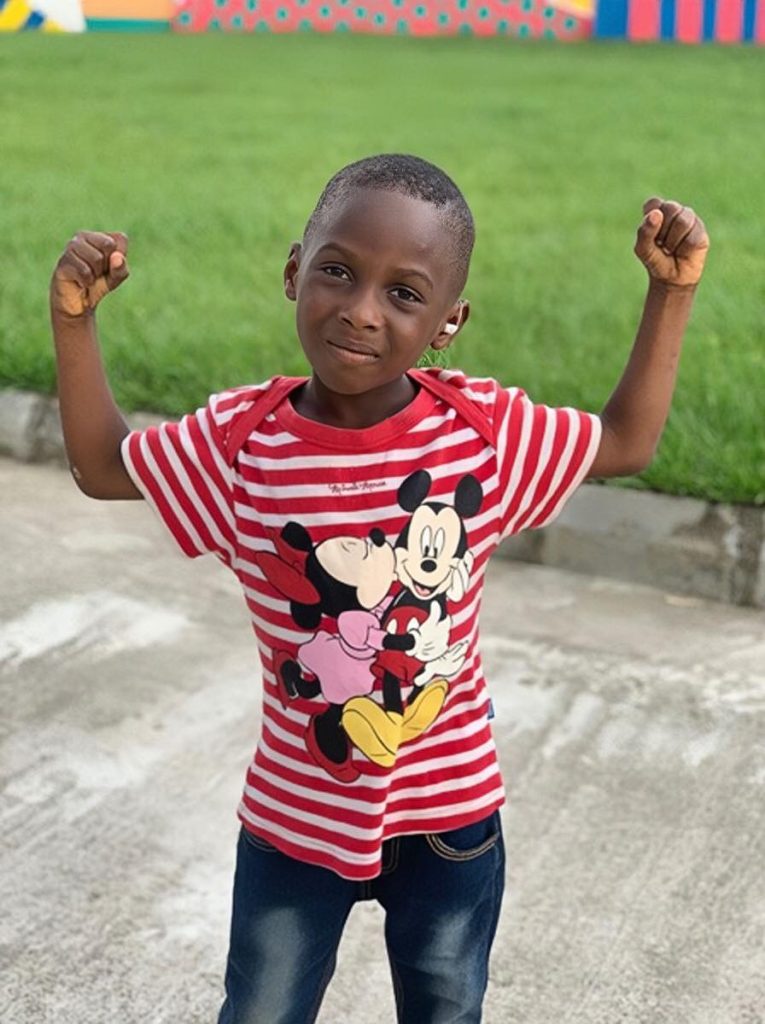
“He would often point at the photo and grin as if he was proud,” recounted Anja, now serving as an ambassador for Universal Peace Federation International. “However, I understand that it’s not a reflection of pride. Children are born with the innate ability to forgive and without prejudice. We nurtured Hope with love, only for her parents to desert her, falsely accuse her, and abandon her on the streets to fend for herself. How can a society flourish if its people are denied basic human rights like education, healthcare, and social welfare?”
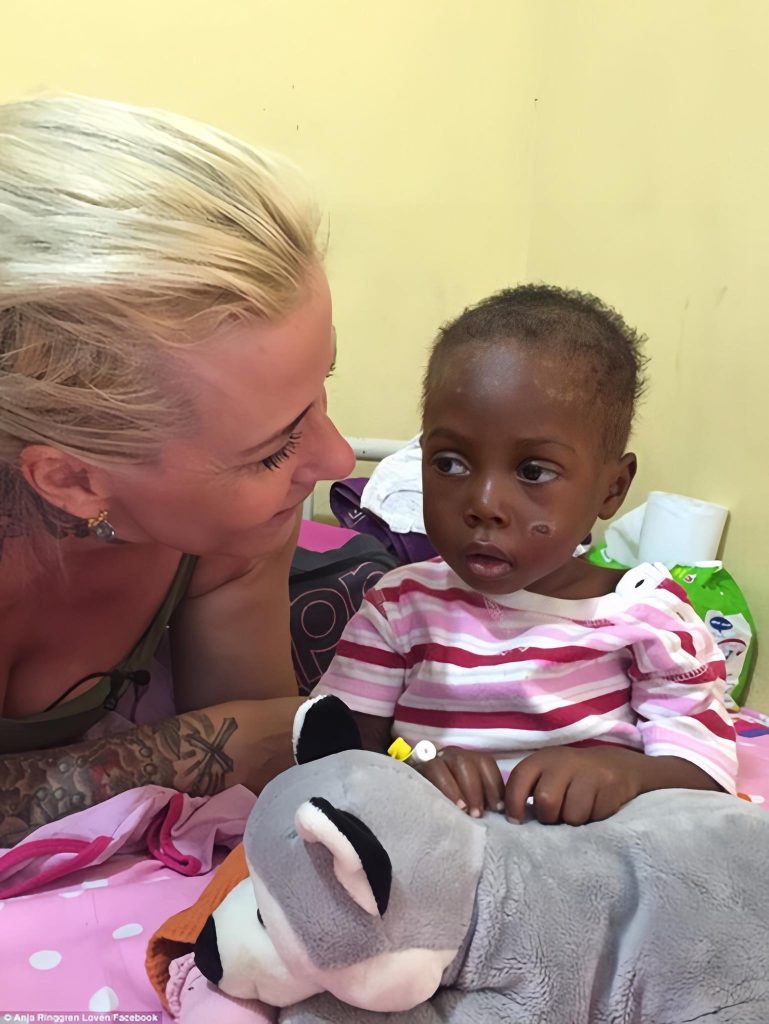
Accusations of witchcraft often arise when a family experiences a death or illness, crop failure, unemployment, or infertility. In some cases, children were unfairly blamed as witches and abandoned by their own community. Anja and her dedicated team have rescued over 300 children and currently care for 76 at DINNødhjæl, which is the largest center for child witches in West Africa. Among these children are 9-year-old girls who have endured unspeakable torture, sexual abuse, and even being buried alive.
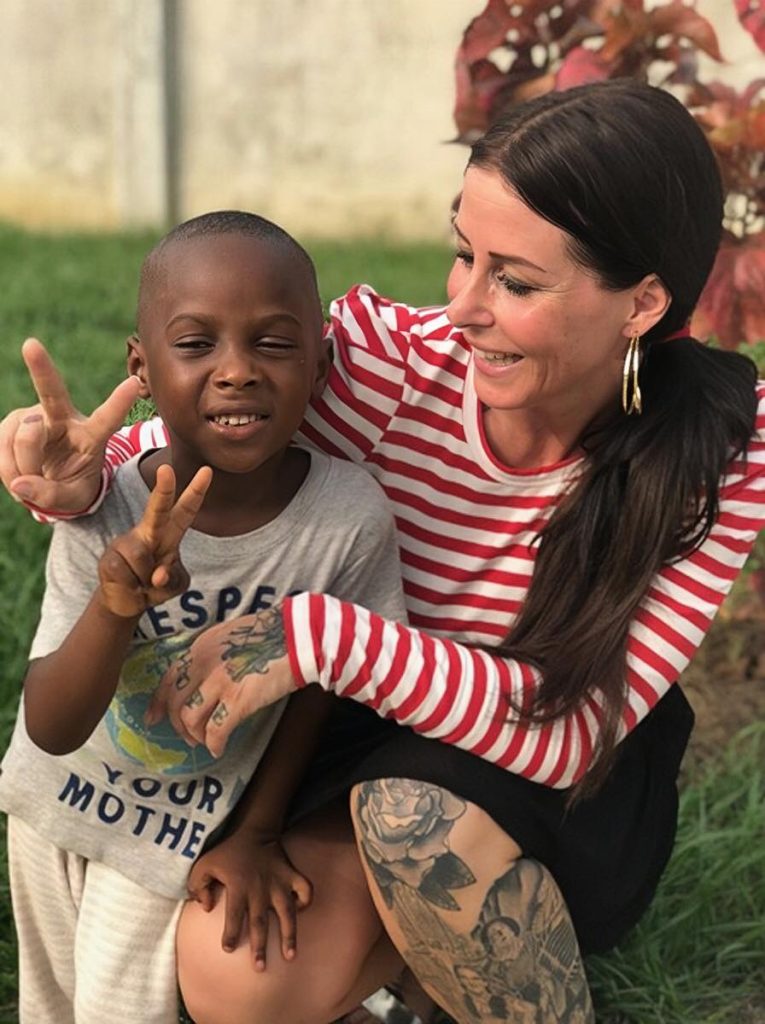
“Education is a powerful investment in society and a powerful tool against ignorance. To address a problem, you need human interaction and communication, not just judgment. We approach our work professionally, aiming to help individuals change their perspectives and enlighten them through advocacy programs in rural communities,” shared Anja.
